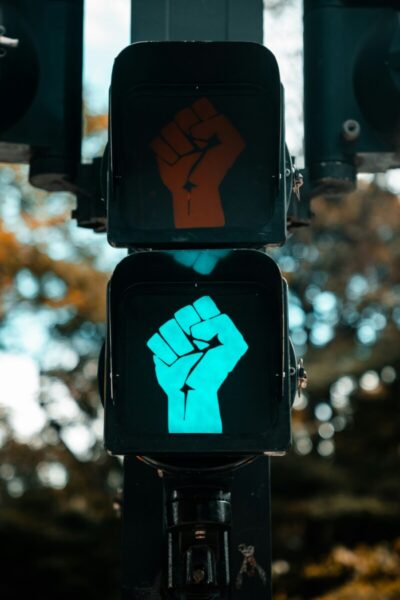We keep saying we want a safer world. blah, blah, blahBut we will never get there until we demand that society do better and be better toward Surviv

Photo: Maick Maciel’/Unsplash.com
We keep saying we want a safer world. blah, blah, blah
But we will never get there until we demand that society do better and be better toward Survivors.
Because every time a Survivor speaks, the world watches and judges—often with popcorn in hand.
Celebrity trials become trending hashtags.
Violence becomes content.
Abuse becomes gossip.
And Survivors become punchlines.
All while claiming to care.
We cannot build safety on spectacle.
So here’s a reminder of what we should be expecting—from our culture, our communities, and ourselves:
💔 What Survivors Deserve from Society:
Stop treating celebrity abuse trials like reality TV.
This isn’t “tea.” This is trauma. This is a crime scene, not a storyline.Respect the gravity of abuse—even when it involves someone you admire.
Being talented doesn’t make someone harmless.Reject the double standard.
Don’t demand “trigger warnings” on everything and then laugh at someone else’s abuse story like it’s entertainment.Listen to Survivors without making belief conditional on their tone, tears, or trauma resume.
Stop asking “Why didn’t they leave?” and start asking “Why did we let it go on this long?”
Hold men accountable for the harm they cause—even if it costs popularity, status, or comfort.
Support Survivors beyond hashtags.
Advocacy is not a trend. It’s a practice.Create real consequences for systems and people who silence, discredit, or retaliate against victims.
Teach children what boundaries, respect, and emotional safety look like—early and often.
Don’t demand that Survivors bleed emotionally to earn your concern.
They shouldn’t have to unravel publicly to be taken seriously. Respect begins before the breakdown.Protect healing spaces—especially when they’re led by Survivors.
Don’t exploit them. Don’t censor them. Don’t steal their work.Listen when Survivors talk about powerful abusers—especially when it’s “someone you know.” The truth is: many abusers are people others trust. That’s how abuse hides in plain sight. That’s how it thrives. It wraps itself in charm, authority, status, or service. It blends into boardrooms, bedrooms, pulpits, classrooms, and community meetings. And too often, people rally to defend the abuser because it would disrupt their comfort to believe otherwise.
Avoid acting shocked that Survivors are angry.
We should be more concerned when they go silent. Anger, in this context, is not the problem. It’s a sign of life, clarity, and awakening. Anger is often the first language of truth when someone is no longer willing to gaslight themselves on your behalf. It’s the sound of someone reclaiming their voice from the grip of shame, fear, and manipulation. In fact, for many Survivors, anger is what makes healing possible. It sets boundaries. It breaks cycles. It calls out injustice.Uplift the voices of Black, Indigenous, disabled, faith-based, adults who lived through abuse as children, and other marginalized Survivors who are often ignored—even in so-called progressive spaces.
Make room for the messy, nonlinear, imperfect, sacred work of healing.
Not every Survivor story ends with a bow—and it shouldn’t have to.
If we really care about safety, justice, and healing, then we need to act like it.
Survivors don’t just need your empathy.
We need your accountability.
Do better.
Be better.
Because we are.
*My prayer this weekend is that we all get some rest, return to our lost minds & humanity, and show up fresh on Monday minus the mess.
